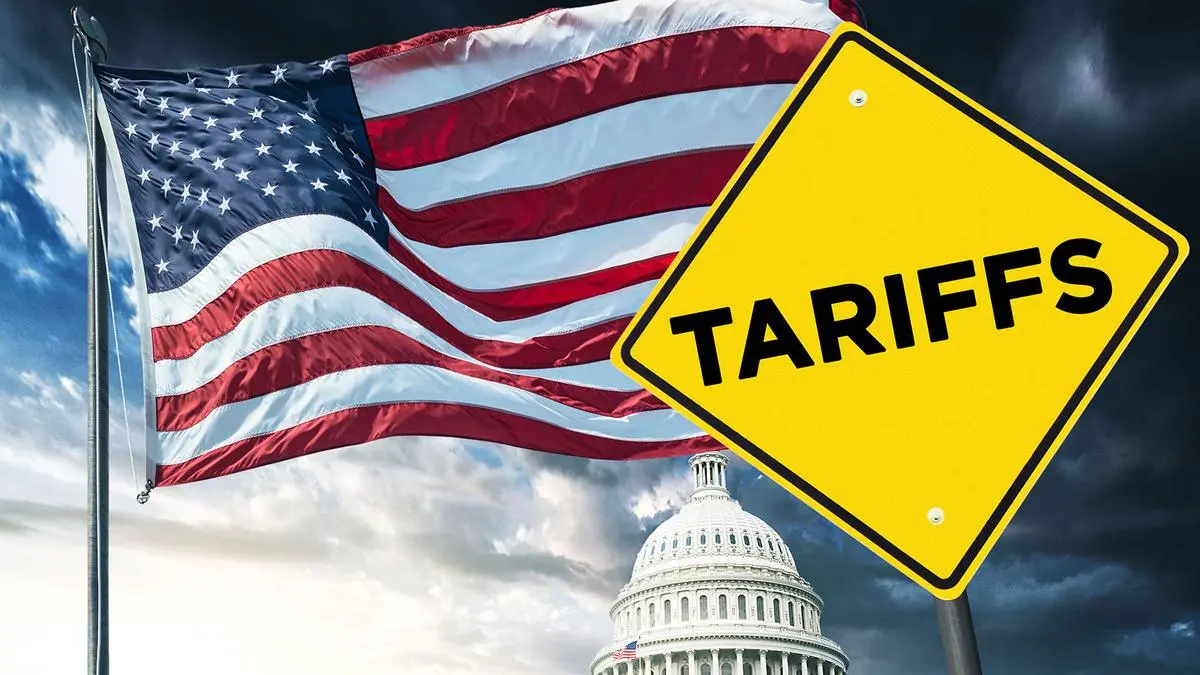The Impact of U.S. Tariffs on Asian Manufacturing: Vietnam’s Resilience
The global trade landscape has undergone dramatic shifts in recent years, largely due to escalating U.S.-China trade tensions and the imposition of hefty tariffs on Chinese goods. While these dynamics have caused disruptions in Asian manufacturing hubs, Vietnam has emerged as one of the most resilient and opportunistic players in the region.
Vietnam’s ability to adapt — supported by an agile manufacturing ecosystem and robust trade agreements — positions it as a prime sourcing destination for global brands looking to mitigate tariff impacts. In this environment, partnering with the bestsourcing agent Vietnam or a regional bestsourcing agent Asia is crucial to navigating complex supply chain realignments and capitalizing on Vietnam’s strengths.
This article explores how U.S. tariffs are reshaping Asian manufacturing and why Vietnam continues to attract resilient, tariff-proof supply chain investments.
U.S. Tariffs Reshape Asian Manufacturing
The U.S.-China Trade War: Key Developments
Since 2018, the U.S. has imposed tariffs on more than $300 billion worth of Chinese imports — including critical categories such as:
-
Electronics
-
Machinery
-
Textiles and garments
-
Furniture
-
Consumer goods
Tariffs range from 10% to 25%, making Chinese-made products more expensive for U.S. buyers. In response, many U.S. companies began diversifying sourcing away from China to avoid tariff penalties.
Broader Tariff Ripple Effects in Asia
The trade war’s impact has cascaded across Asia:
-
China: Rising costs, factory relocations
-
Thailand, Malaysia, Indonesia: Competing to absorb production shifts
-
Vietnam: The clear winner, thanks to:
-
Favorable trade agreements (EVFTA, CPTPP, RCEP)
-
Political stability
-
Young, skilled workforce
-
Lower labor costs vs. China
-
Vietnam’s Manufacturing Resilience
Vietnam’s resilience during this trade upheaval stems from key advantages:
1️⃣ Diversified Export Portfolio
Vietnam doesn’t rely on a single product category. Top exports include:
-
Electronics (phones, computers, semiconductors)
-
Textiles & garments
-
Footwear
-
Furniture
-
Agricultural products
-
Machinery & mechanical appliances
This diverse export base helps cushion Vietnam from sector-specific tariffs and global demand swings.
2️⃣ Strong Global Trade Agreements
Vietnam has an impressive array of free trade agreements (FTAs), providing preferential access to:
-
U.S. (via WTO and bilateral arrangements)
-
European Union (EVFTA)
-
Asia-Pacific markets (CPTPP, RCEP)
Through these FTAs, products made in Vietnam enter key markets with reduced or zero tariffs — a major advantage compared to Chinese-made goods.
Partnering with a bestsourcing agent Vietnam ensures businesses maximize these tariff benefits through proper supply chain structuring and compliance with rules of origin.
3️⃣ Growing Manufacturing Ecosystem
Vietnam continues to attract record FDI inflows into manufacturing:
-
Samsung’s $18 billion investments in electronics
-
Foxconn shifting iPad and MacBook production to Vietnam
-
Nike, Adidas sourcing billions in footwear from Vietnam
-
Global furniture brands establishing Vietnam hubs
This ecosystem expansion strengthens Vietnam’s resilience and supply chain depth.
4️⃣ Proactive Government Policies
Vietnam’s government actively promotes:
-
Export-oriented manufacturing
-
Infrastructure development (ports, roads, industrial parks)
-
Streamlined customs and e-government processes
Such policies make it easier for sourcing agents and manufacturers to operate efficiently and meet global demand.
Why Companies Are Moving to Vietnam
1️⃣ Avoiding U.S. Tariffs on China
Many U.S. importers now source from Vietnam instead of China to:
-
Avoid 25%+ tariffs on Chinese goods
-
Maintain price competitiveness in the U.S. market
-
Diversify supply chains and reduce China risk
2️⃣ Competitive Production Costs
Vietnam offers lower manufacturing costs than China in many sectors:
-
Labor costs: 30–50% lower than coastal China
-
Land and factory costs: More affordable in emerging Vietnamese provinces
With the support of a trusted bestsourcing agent Asia, companies can structure cost-effective Vietnam-based sourcing strategies.
3️⃣ Improved Quality Standards
Vietnamese manufacturers have steadily improved:
-
Product quality
-
Compliance with international standards
-
Sustainability practices
This progress makes Vietnam a viable sourcing location for higher-end products, not just low-cost goods.
4️⃣ Supply Chain Flexibility
Vietnam’s manufacturers offer greater agility:
-
Willingness to handle smaller orders
-
Flexible production capacity
-
Fast turnaround times
In an era of volatile demand and supply chain disruptions, this flexibility is invaluable.
The Role of Sourcing Agents in Vietnam’s Resilient Supply Chains
Navigating Vietnam’s evolving manufacturing landscape requires deep local expertise. This is where a bestsourcing agent Vietnam adds critical value:
✅ 1. Factory Vetting & Compliance
Agents conduct rigorous factory audits to ensure:
-
Quality standards are met
-
Factories comply with rules of origin (essential for tariff exemptions)
-
Labor and environmental standards are respected
✅ 2. Customs Navigation
Agents help businesses:
-
Structure supply chains to qualify for FTA benefits
-
Prepare accurate documentation to avoid delays and penalties
-
Manage complex cross-border shipments
✅ 3. Risk Mitigation
Agents monitor risks such as:
-
Rising input costs
-
Currency fluctuations
-
Geopolitical tensions
-
New U.S. tariff developments
They offer proactive sourcing advice to keep clients ahead of the curve.
✅ 4. Multi-Country Sourcing Strategies
Top agents (like a bestsourcing agent Asia) can design regional sourcing strategies:
-
Combine Vietnam with Thailand, Malaysia, or Indonesia to optimize tariffs, costs, and supply chain resilience.
Conclusion: Vietnam Leads the Charge in a Tariff-Shaped World
As U.S.-China tariffs continue to reshape Asian manufacturing, Vietnam stands out as the most resilient, business-friendly, and strategically positioned country.
Global companies that embrace Vietnam-based sourcing gain key advantages:
-
Lower tariff exposure
-
Access to major trade agreements
-
Cost-effective, high-quality manufacturing
However, success depends on choosing the right sourcing partner.
Working with an experienced bestsourcing agent Vietnam or bestsourcing agent Asia ensures your business can:
-
Identify the best factories
-
Structure optimal supply chains
-
Navigate trade regulations
-
Build long-term resilience in a dynamic global market
👉 Start future-proofing your supply chain today with trusted sourcing support from www.asia-agent.com.
If you want, I can also provide:
✅ Meta description
✅ SEO title
✅ Internal link ideas
✅ Social post caption
